
3-part series “Managing Anxiety”
Anxiety disorder is the number one mental health illness in the United States and 37-percent of those affected seek treatment.
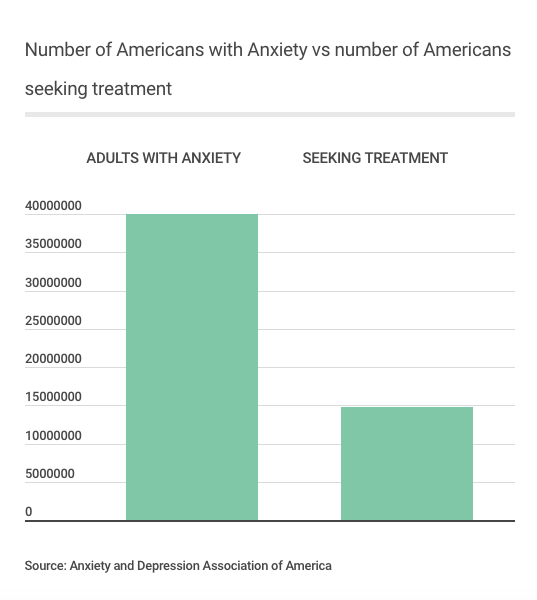
Chief Psychologist Pamela Farer-Singleton of Kent State University said, “I think many times people try to manage it own their own, and they may be challenged with it for many, many years before they seek assistance.”
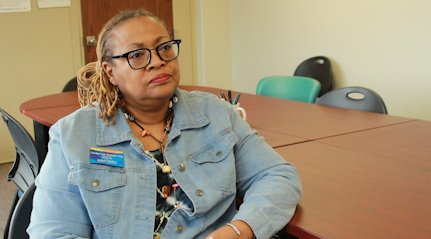
There are multiple ways anxiety people manage their anxiety. Two clinical treatment options are therapy and medication.
“There is no simple equation to determine when one type of treatment is better than the other,” Farer-Singleton said. “I would say you should do both together.”
Counselor Michelle Culley said, “I do think there is quite a bit of research that supports therapy and medication the combination have the best outcomes.”
An average therapy session lasts about 40 minutes and is meant to help people deal with their anxiety through coping mechanisms by recognizing what their anxious thoughts mean.
Counselor Nicole Melchi said, “Therapy is going to be something that you’re learning skills that you can use throughout your lifetime.”
“They can practice all kinds of things to relaxation skills to mediation to actually learning what the triggers are to their anxiety and sort of planning or figuring out ‘How do I avoid these triggers?’” said Farer-Singleton.
However, professionals expressed when you’re anxiety reaches a point where you’re having a hard time functioning through everyday tasks and it becomes debilitating; You may need medication to get you in the right place, so you can get the help you need.
“If somebody is clearly off in the weeds and they are suffering terribly with anxiety, or just debilitating depression; It’s really hard to learn anything in that state, Culley said. “So sometimes medication can be that boost to get them back on the road.”
Farer-Singleton said, “I would never recommend that a person just do strictly medication.”
All three professionals stressed the importance of not being afraid to seek help when you need it and to remember you’re not alone.
“It is something that impacts us all,” Farer-Singleton said. “We all have some level of anxiety, but for some people it becomes debilitating.”
Melchi says your anxiety is not a bad thing and it makes you who you are.
“There times when your anxiety is going to be a good thing for you and it’s more about identifying the times when it’s not working for you and having the coping skills to manage it, but overall, it’s a part of who you are.”
Aside from therapy and medication, there are multiple other ways people manage their anxiety. One being yoga and meditation.
Teena Crock, Operations Director of Centerpiece Yoga and Wellness said, “It’s been life changing, and I don’t use that term lightly,” talking about meditation.
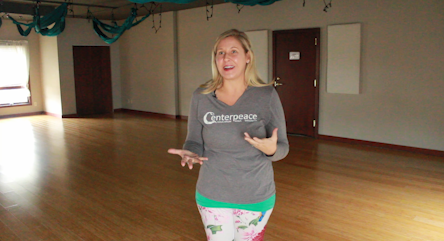
Crock believes strongly in the benefits of meditation and the effect it has on anxiety.
“What meditation does is it allows you to take some time when you’re not in that state of anxiety…” She said. “When you’re not in a state of panic, it allows you to begin to train your brain and your breathing for a different result.”
She said by calming the body and focusing on breathing, it allows new neuropathways to develop in the brain. Yoga is the root of meditation and is believed to help with anxiety as well.
“Now with yoga, what that will do for you is it actually helps you practice on your breathing and helping keeping your breathing under control,” said owner of Centerpeace Yoga and Wellness Joe Crock.
One yoga move Tena believes in specifically for anxiety is called the mountain pose. She says to ground all corners of your feet, allow your shoulders to come back, close your eyes and breathe.
“That really helps to stabilize the body,” Crock said.
Yoga helps you prepare for meditation and the more you meditate, the better.
Crock said, “The more we do it the more we’re training that mind, body, connection so that when we find ourselves in stressful situations, that neuropathway is already there and it’s a new pattern that’s been ingrained to pull from.”
To meditate, she finds a comfortable position, allows herself to sink in and closes her eyes. She then does what she calls a body scan and acknowledges her head all the way to her toes.

“From there, I then focus on my breathing technique recognizing that a thought is there is perfectly acceptable,” She said. “You don’t have to lean into it and if you do lean into it, give yourself permission to say, ‘Ok, let’s start again.’”
Yoga and meditation have been around for thousands of years. However, there is a newer method people are exploring to handle anxiety—CBD oil.
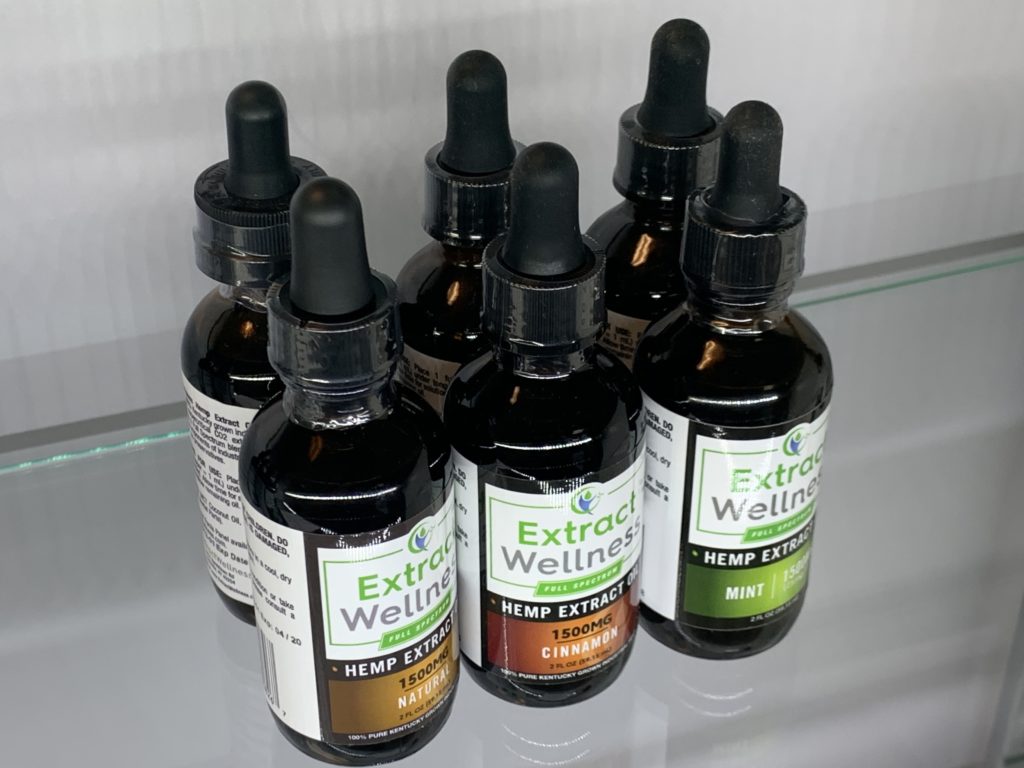
From gummies to lotions to oils; It comes in many forms and it’s all the buzz right now. Many consumers claim it’s helped them with a variety health issues — even anxiety.
Sales Associate Mike Latessa of Premium Hemp Co. In Willoughby said it works wonders on him.
“The two most common things people come in here for is back pain and anxiety,” Latessa said. “Based off what I know CBD is great for anxiety. I have anxiety and I’ve used it plenty of times.”
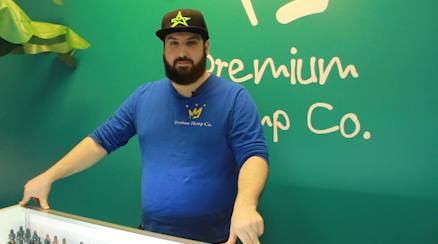
Mike isn’t alone; Others out there agree and there’s mostly positive reviews online.
“I’m just amazed at what our customers are dealing with and they come in for the CBD and they come back because it works for them,” Owner Mike Neiman said.
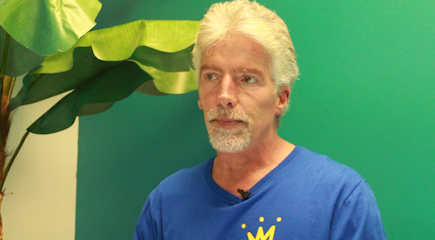
However, CBD user and counselor Michelle Culley took CBD for pain, and said she didn’t have negative side effects, but didn’t notice her pain go away either.
“You know what I didn’t notice anything… I really didn’t. It wasn’t bad,” She said. “If someone thinks it helps them and they feel better, I’m not going to discourage that.”
CBD can be extracted from the hemp or marijuana plant, but does not get you high.
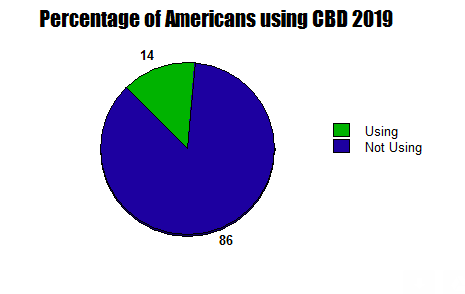
“CBD is the medical constituent inside of cannabis that doesn’t contain the psychoactive counterpart that comes with THC,” Latessa said. “So, it’s all the medical benefits of cannabis without the high associated with it.”
However, there are some things to watch out for — CBD is not regulated or FDA approved. Professionals say to stay away from websites like Amazon and to do your research. Also, look for a QR code on the product and make sure it has lab test results showing exactly what’s inside.
“You really need to purchase CBD products from a trusted source,” Neiman said, “Not just a gift shop and gas station because those people won’t answer your questions.”
“There’s things like Subreddits for CBD where people make recommendations on there allowing yourself to educate yourself on which brands are actually what they say they are,” Latessa said.
The Anxiety and Depression Association said there’s still a lot of research to be done and doctor’s are just now learning about CBD and its possible benefits.
“At this point in time, Doctors are hesitant to make any substantial claims about CBD and its benefits due to the limited amount of research that’s been done on the topic,” said hemp farm owner Derek Miller.
Meanwhile, professionals of Premium Hemp Co. said they only see the CBD industry getting bigger.
“I think CBD is here to stay, it’s been around for thousands of years,” Neiman said.
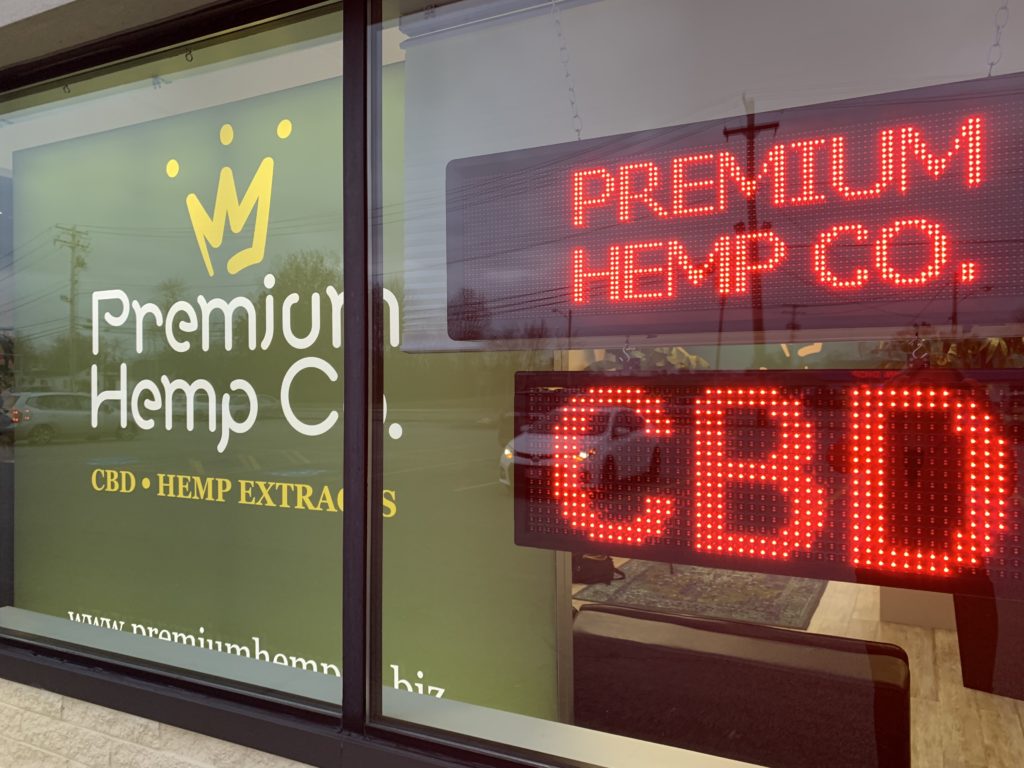
“I do see a future where your doctor can recommend you CBD…” Latessa said. “That would be great and when your medical insurance can cover it too.”